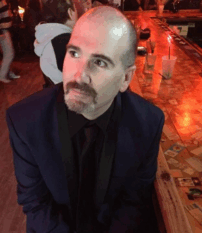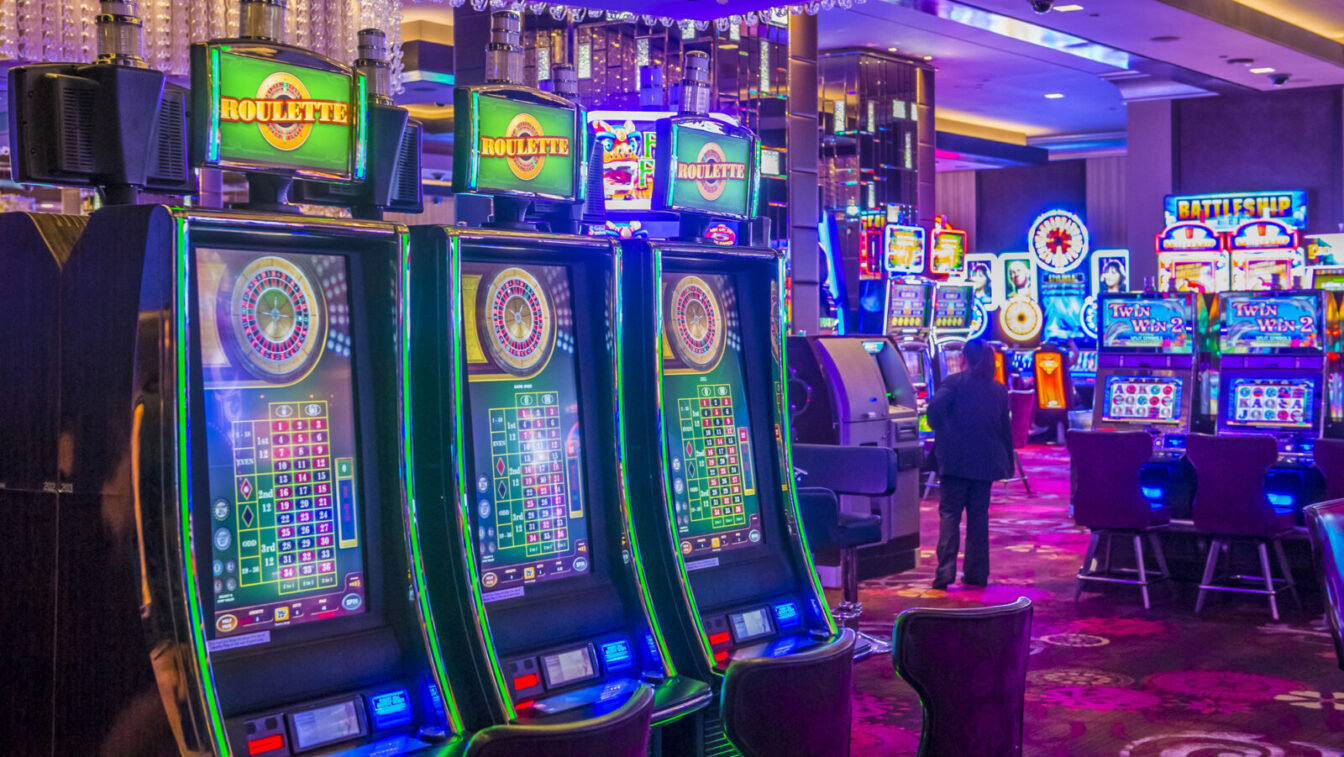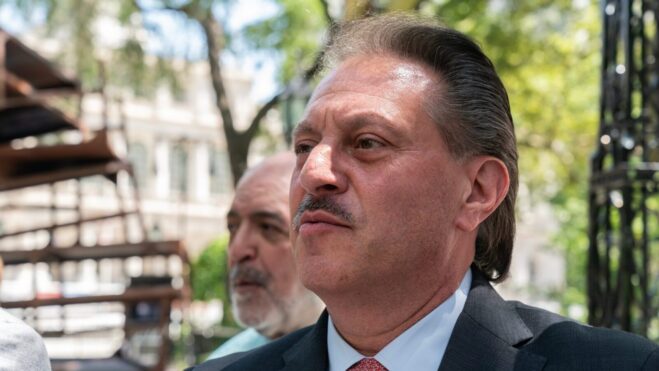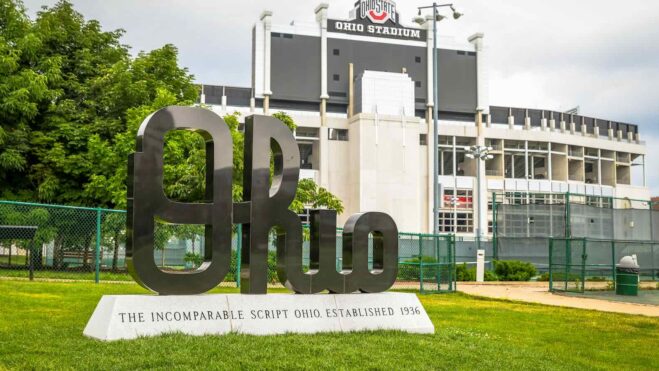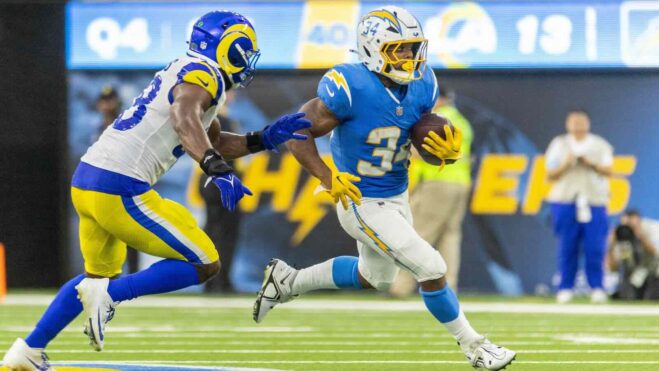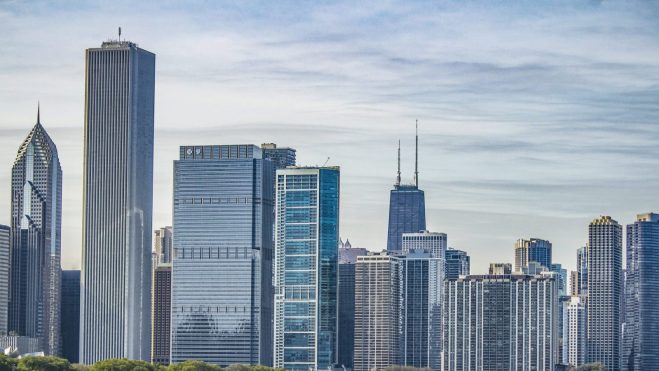Both Sides State Case At Massachusetts’ First Committee Hearing On Online Casino
DraftKings, FanDuel among those touting benefits of state expanding into new gaming vertical
3 min
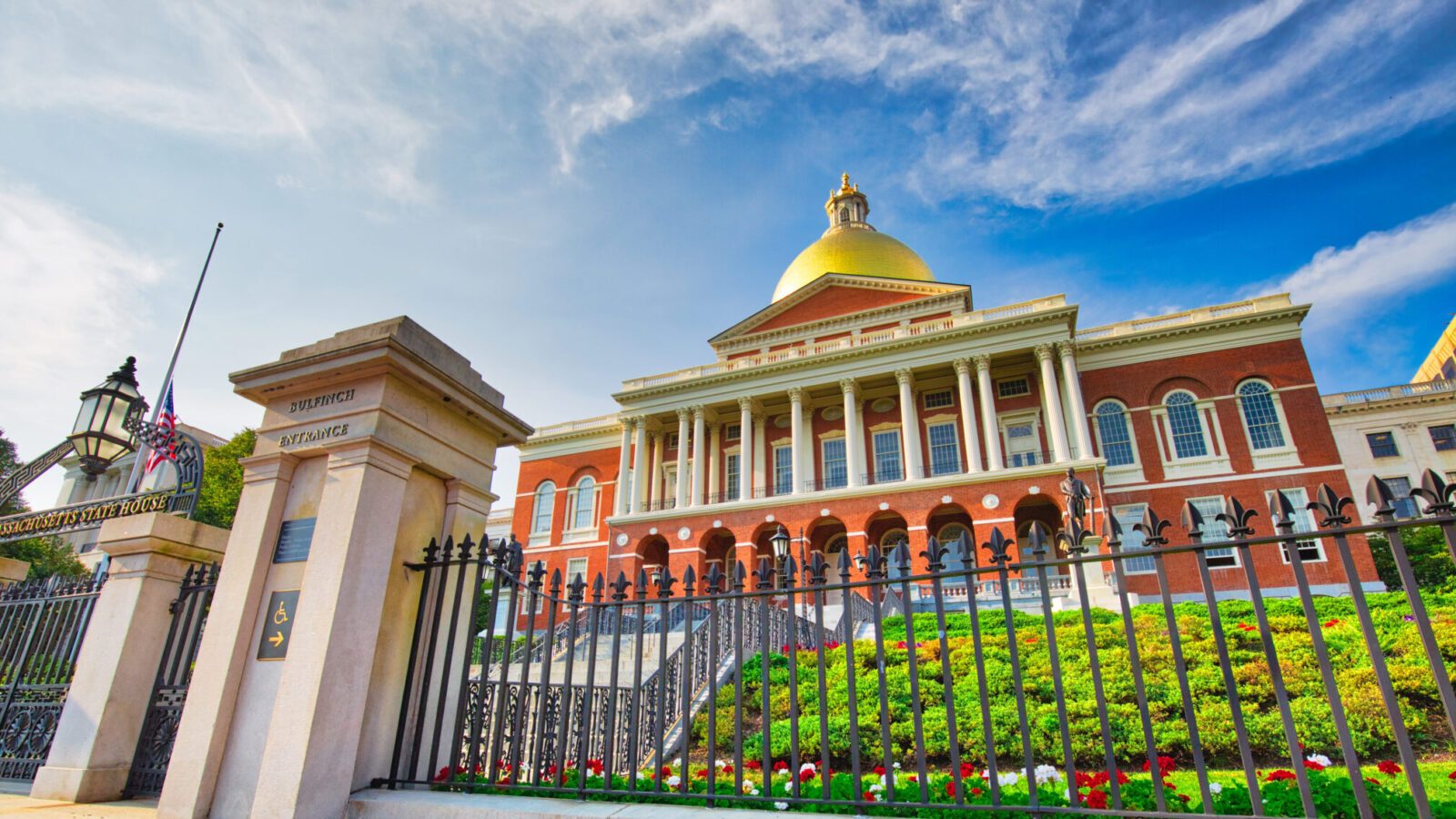
The nation’s top mobile sportsbooks, led by Boston-based DraftKings, made their cases for Massachusetts to expand into regulated online casino gaming Monday during a Joint Committee on Consumer Protection and Professional Licensure hearing.
Bay State legislators are considering two bills, H332 and S235, that would legalize online casinos. Massachusetts launched in-person sports betting on the final day of January in 2023 and mobile wagering six weeks later. It has quickly become a top-10 market nationally on a monthly basis for handle and has totaled close to $16 billion all-time after reporting $655.8 million worth of accepted wagers in May.
There are only seven states that currently offer legal internet casino wagering, and neighboring Rhode Island was the last to launch in March 2024. Another border state, Connecticut, has had online casino in place since October 2021 and totaled $233 million in state tax revenue since then.
Talks of tax dollars and combating the black market
DraftKings’ Government Affairs Manager David Prestwood was the first to speak in support of legalization.
Prestwood noted that DraftKings’ 105,000-square foot office in Back Bay is the largest single-floor office space in Boston, and that the online gaming titan has a state-powered workforce of more than 1,200. Prestwood said DraftKings’ internal estimates supported a study by Vixio that Massachusetts “could conservatively generate $230 million to $275 million annually in new recurring tax revenue within the first few years of launch” based on the 20% tax proposed in legislation.
The DraftKings representative then took to another major point online casino gaming advocates often present during legislative hearings: that legalization would help curb the black market. Prestwood cited an American Gaming Association study that $330 billion is wagered illegally across the U.S., and access to such platforms is readily available in Massachusetts.
Rivals play nice for a common cause
FanDuel’s James Hartmann, its state government relations director, followed Prestwood. Hartmann backed his peer’s claim about the immediate availability of offshore operators via smartphone and put a specific dollar figure on the amount of annual illegal wagering in Massachusetts at $7 billion. Hartmann’s figure also appears to include online sweepstakes casinos based on his reference to “unregulated operators who partner in advertising with celebrities.”
Both Prestwood and Hartmann targeted the things offshore and illegal operators fail to do when it comes to unregulated gaming. That includes a lack of age verification tools, little — if anything — in the way of responsible gaming, and a lack of legal recourse if players are exploited financially by operators.
Hartmann stressed that legalized online casino gaming “is among the most highly regulated industries in America, and at the heart of the regulated iGaming market is a commitment to responsible gaming.” He said some operators have up to 60 full-time staff dedicated to responsible gambling while noting FanDuel’s partnership with Kindbridge Research Institute with relation to mental health services and problem gambling.
Addressing cannibalization
John Pappas, speaking on behalf of iDEA Growth, and Zach Kahn, of the Sports Betting Alliance, tried to allay fears about potential cannibalization of brick-and-mortar casino revenue via online gaming.
Pappas’ group was in alignment with Prestwood’s tax revenue estimates with a figure of $260 million annually at maturation. He pointed out “in every state that has licensed iGaming, the land-based casinos, the horse tracks, and other gaming establishments, lotteries, and other, they all rise up and deliver even more revenue to the state.”
Kahn noted that casino revenue in Massachusetts has increased even with illegal operators in the marketplace and added, “If online gaming was going to cannibalize gaming, it would have happened already.”
Pappas suggested adding more untethered licenses to the proposed four in the bill. That is in addition to the three skins each casino operator could have. He stated the Massachusetts marketplace could support a market between 15 and 20 operators.
Unions, problem gambling experts counter
Jay McNeil, the general agent for the Hospitality Workers Union, Local 26, was the first speaker in opposition of the bills. He estimated Massachusetts could lose more than 850 gaming jobs and an additional 2,800 support jobs with legalized iGaming based on estimates from a 2025 Innovation Group study.
He countered the argument of online casino revenue lifting all verticals by claiming that Atlantic City casinos shed 5,000 jobs — nearly 17% of the workforce — from 2019 to 2024 while online casino revenue in New Jersey surged 395% in that span. McNeil said the Innovation study also estimated more than 1,000 gaming jobs were lost in Michigan since online casino launched there.
Brianne Doura-Schawohl, who is on the Kindbridge Research Institute Board of Trustees, said that problem gambling goes beyond the individual and impacts families and communities. She noted New Jersey, “heralded as the gold standard” when it comes to legal online casino gaming, has a 6% prevalence rate of adults with a gambling problem.
Doura-Schawohl also pointed out that social costs that come with problem gambling have also risen, now reaching $315 million annually.
